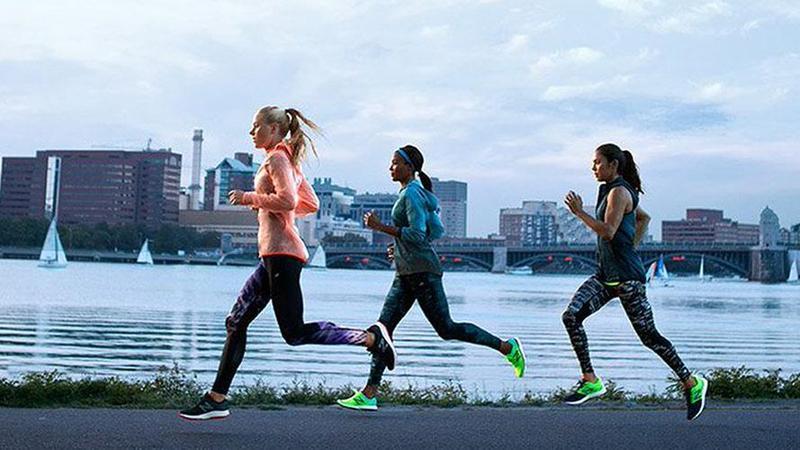Science Says This Exercise Makes Your Body 9 Years YoungerMar 29, 2018

It’s been a dream of civilizations since the dawn of time: If we can’t live forever, can we at least slow down the aging process and stretch our lives out as long as possible?
Now, researchers from Brigham Young University say they’ve found that a certain type of physical exercise can slow the aging process within our cells.
That ultimately means better health, and physical conditioning that matches the natural age progression of a significantly younger person — as many as nine years younger.
If it’s not quite the fountain of youth, it’s an intriguing step toward it. I’m also the first to admit that such a big claim deserves a skeptical eye. So let’s dive right into the study and examine what the researchers claim — along with exactly how much exercise we’re talking about here to achieve the results.
The data and the research
Researchers at BYU, led by a professor of exercise science named Larry Tucker, studied 5,823 adults who had participated in a Centers for Disease Control and Prevention research project called the National Health and Nutrition Examination Survey. Among many other things, this study kept track of the participants’ daily physical activity. Specifically, it tracked the degree to which these people engaged in 62 types of exercise over a 30-day period.
The CDC study also measured something called “telomere length values.” Telomeres are “the nucleotide endcaps of our chromosomes,” as a BYU press release explained it, continuing:
They’re like our biological clock and they’re extremely correlated with age; each time a cell replicates, we lose a tiny bit of the endcaps. Therefore, the older we get, the shorter our telomeres.
Here’s where it gets interesting. By poring through the data in the CDC study, BYU’s Tucker claims that he was able to correlate people’s relative telomere length with their various levels of physical activity — and he found a surprise. If you think of people’s levels of physical activity as being in four categories — sedentary, low, moderate, and high — Tucker found that people in the first three categories had roughly similar telomere lengths.
But for that last category, the people who engaged in high levels of physical activity had “140 base pairs of DNA at the end of their telomeres” than everyone else. According to Tucker’s paper, which was published in the July 2017 edition of Preventive Medicine, that results in a “biologic aging advantage of nine years.”
To put this plainly and in layman’s terms, engage in high levels of physical activity, and your cells are more likely to resemble the cells of a considerably younger person.
How much exercise, and how does it help?
The BYU researchers had to draw a line somewhere, so for purposes of their study they defined “high levels of physical activity” to mean engaging in 30 minutes of jogging for women, or 40 minutes of jogging for men — and to do it five days per week.
That’s the kind of level that requires a commitment, but probably isn’t beyond the abilities of anyone who wants to make a decision to become healthier. And, of course, this isn’t the first study by any means to attempt to find the link between increased exercise, better health, and longer life.
Recently, for example, researchers at the Mayo Clinic reached a similar conclusion for different reasons, finding that people who engaged regularly in high-intensity interval training had cells that were more efficient at creating new proteins — which in turn results in “reversing a major adverse effect of aging.”
As for the BYU research project, the question of exactly how physical exercise preserves telomere length wasn’t part of the study; Tucker surmises it might be tied to either oxidative stress or inflammation. But either way, it suggests that while aging is inevitable, the rate at which we age is something we can at least partially control.
“Just because you’re 40, doesn’t mean you’re 40 years old biologically,” Tucker said in a press release. “We all know people that seem younger than their actual age. The more physically active we are, the less biological aging takes place in our bodies.”
By Bill Murphy Jr./Inc.
Be the first to post a message!